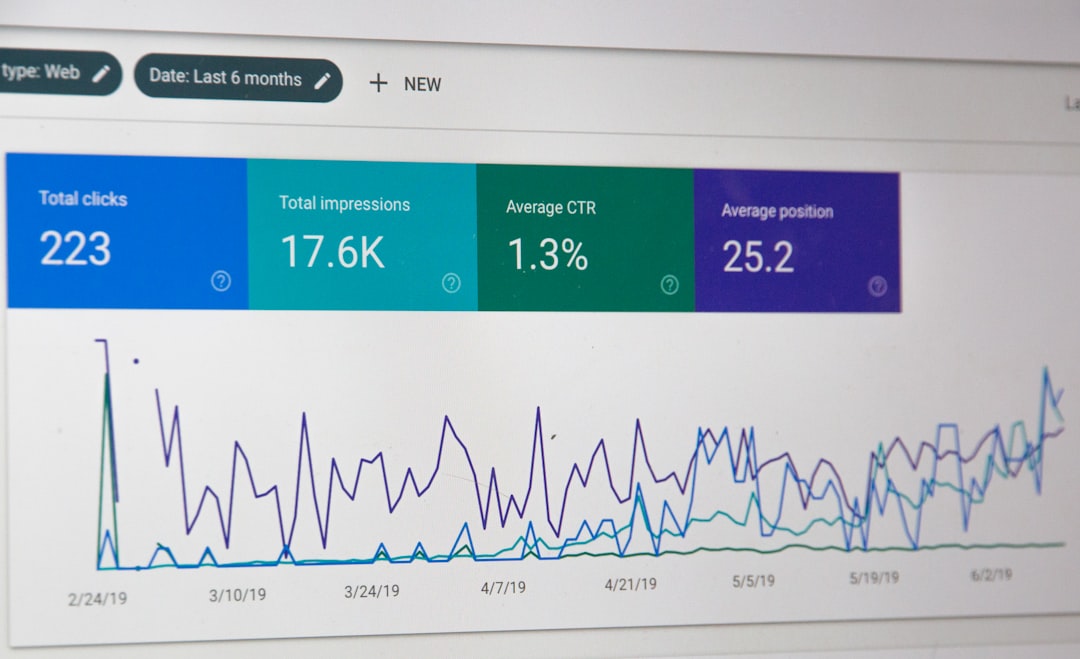Choosing the right platform for your website is a critical decision that can significantly impact its success. Among the most widely used content management systems available today, WordPress stands out due to its flexibility, scalability, and user-friendliness. However, when you decide to use WordPress, you’re immediately faced with a decision: Self-hosted WordPress.org or the managed platform at WordPress.com? This article takes a comprehensive look at both options, providing an objective comparison to help you make the right choice for your specific needs.
Understanding the Key Differences
At first glance, both platforms appear to offer similar features, but their underlying differences greatly influence how you build and manage your site.
- WordPress.org (Self-Hosted): This is the open-source version of WordPress, which you download and install on your own web hosting server. It provides full control over your website’s features, design, and functionality.
- WordPress.com: A hosted version of the platform run by Automattic, WordPress.com takes care of the backend infrastructure, offering an all-in-one solution for those who prefer not to manage hosting themselves.
Cost and Pricing Structure
Cost is a significant factor when choosing between WordPress.org and WordPress.com. Their pricing models differ notably:
- WordPress.org: Technically free to use, but requires you to purchase hosting, a domain name, and any premium themes or plugins. Hosting prices vary, typically starting around $3–$10/month.
- WordPress.com: Offers a free plan with limitations on themes and functionality. Paid plans start around $4/month for personal use and can go up to $45/month for advanced business features.
If you’re looking to start a professional website with flexibility and scalability in mind, the self-hosted option might offer better long-term value despite the initial costs.
Customization and Flexibility
One of the most appealing aspects of WordPress is its capability for deep customization. But how much you can personalize depends on the route you take:
- Self-Hosted WordPress: Allows you to install any theme or plugin, use custom code, and even modify core functionality if you have the technical skills. This level of freedom makes it ideal for developers or anyone looking for a tailored website experience.
- WordPress.com: Customization is limited unless you’re on a higher-tier paid plan. Free and Personal plan users cannot upload custom themes or plugins, which significantly restricts personalization.
Whether you want to add advanced analytics, membership features, or eCommerce capabilities—self-hosting provides a virtually limitless canvas.

Ease of Use
If you’re a beginner without technical knowledge, ease of use is likely one of your top priorities. WordPress.com shines in this area thanks to its simplified workflow:
- WordPress.com: Designed with beginners in mind, it offers a clean interface, automatic updates, and built-in backups. Essentially, it’s a plug-and-play solution that lets users focus on content, not maintenance.
- WordPress.org: While still user-friendly, it requires a learning curve. You’ll need to handle updates, backups, and security yourself or through third-party plugins and services.
That said, many web hosts now offer one-click WordPress installations and even managed WordPress hosting plans, which can streamline the process significantly for self-hosted users.
Security and Maintenance
Security should never be overlooked, especially with increasing threats online. Here’s how both platforms handle safety and maintenance:
- WordPress.com: Handles all aspects of security, including updates, monitoring, and data backups. For those concerned about technical responsibilities, this is a major benefit.
- WordPress.org: You are responsible for your site’s maintenance and security. However, you can enhance your site’s protection by using trusted plugins such as Wordfence or Sucuri, and choosing a reliable host.
While WordPress.com is safer out of the box, experienced users or businesses who require custom security measures may find the self-hosted version more inline with their needs.
Monetization and SEO Capabilities
Generating income and improving visibility through search engines are common goals for website owners. Not surprisingly, each WordPress version differs in what it allows.
- WordPress.org: Offers complete freedom in monetization. You can run any advertising network (e.g., Google AdSense), install affiliate marketing tools, or create a full-fledged eCommerce site. SEO plugins like Yoast SEO and Rank Math give you granular optimization control.
- WordPress.com: The free plan prohibits advertising and restricts other monetization methods. You’ll need a paid Business or eCommerce plan to access advanced monetization features and install SEO plugins.

For bloggers or small business owners planning to scale online visibility and earnings, the flexibility of WordPress.org makes it a clear winner.
eCommerce Support
Building an online store is a unique challenge that requires robust functionality. When it comes to eCommerce, the choice becomes even more distinct:
- Self-Hosted WordPress: Offers complete control and powerful eCommerce plugins like WooCommerce. You can fully customize every aspect, from payment processing to inventory management.
- WordPress.com: Only supports full eCommerce functionality on its most expensive plan. Even then, you’re limited compared to the vast flexibility offered by WooCommerce on a self-hosted site.
If eCommerce is a fundamental part of your strategy, the scalability and integrative freedom of a self-hosted WordPress site make it a strong contender.
Support and Community
Both WordPress.com and WordPress.org benefit from the enormous worldwide WordPress community, but the nature of support varies:
- WordPress.com: Offers official support on paid plans, alongside access to community forums and knowledge bases. This centralized help is useful for beginners.
- WordPress.org: No official customer support, but a vast array of community forums, tutorials, and third-party documentation. Many hosting providers also offer customer service tailored to WordPress users.
For those willing to be hands-on or with some technical background, self-help and community resources for WordPress.org are abundant and effective.
Who Should Choose What?
Ultimately, the right choice depends on your goals, budget, and technical expertise. Below is a summary to help guide your decision:
Choose WordPress.org if you:
- Need full control over themes, plugins, and custom code
- Plan to monetize your website extensively
- Want to build a unique eCommerce store
- Have some technical skills or access to a developer
Choose WordPress.com if you:
- Are a beginner and want a simple, hassle-free setup
- Don’t need extensive customization
- Prefer an all-in-one solution with minimal maintenance
- Are starting a hobby blog or non-commercial project

Conclusion
Both WordPress.com and WordPress.org offer powerful tools for building a website, but their differences make them suitable for different types of users. For those seeking complete control and flexibility, the self-hosted WordPress.org route is the best option. Meanwhile, users looking for convenience and managed services may find the hosted WordPress.com platform more aligned with their needs.
Whatever path you choose, understanding your requirements and evaluating them against each platform’s strengths will help you begin your digital journey on the right foot—with the confidence that you’re using the right tools to grow and succeed.
